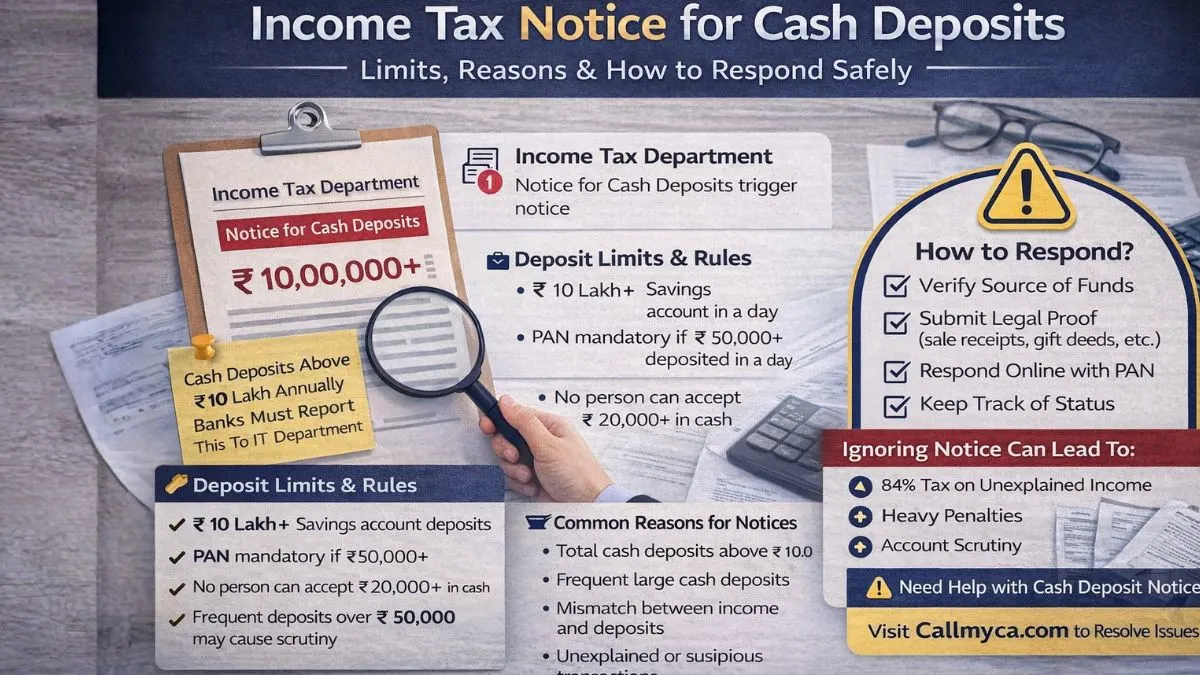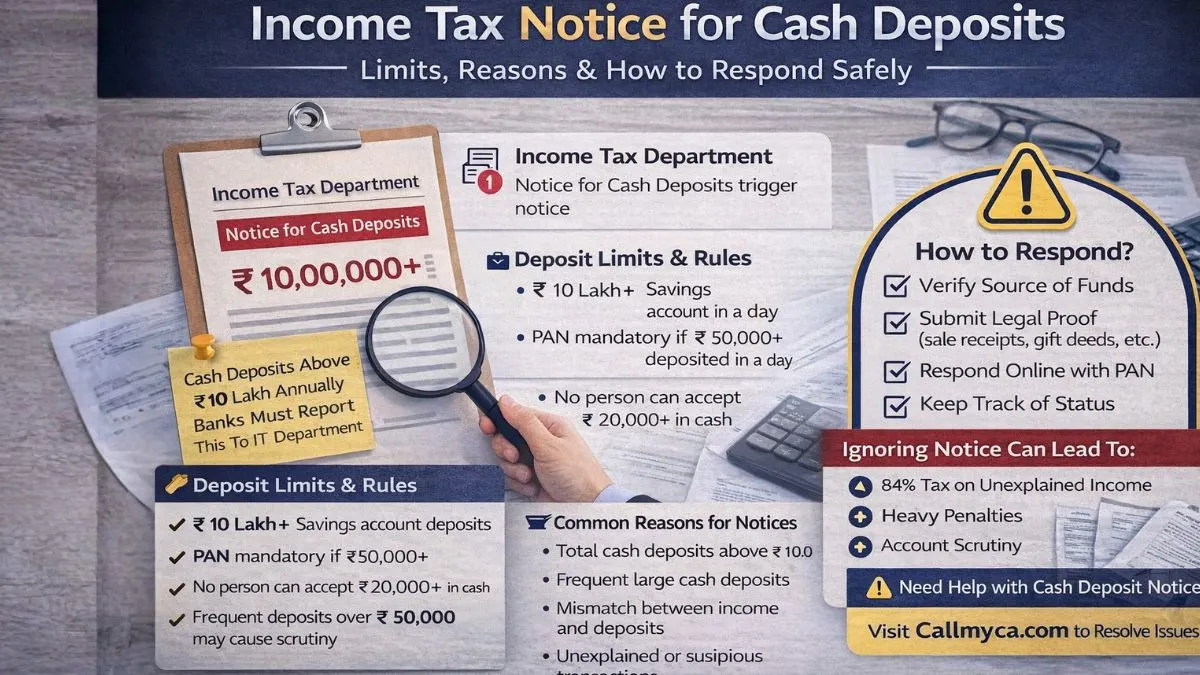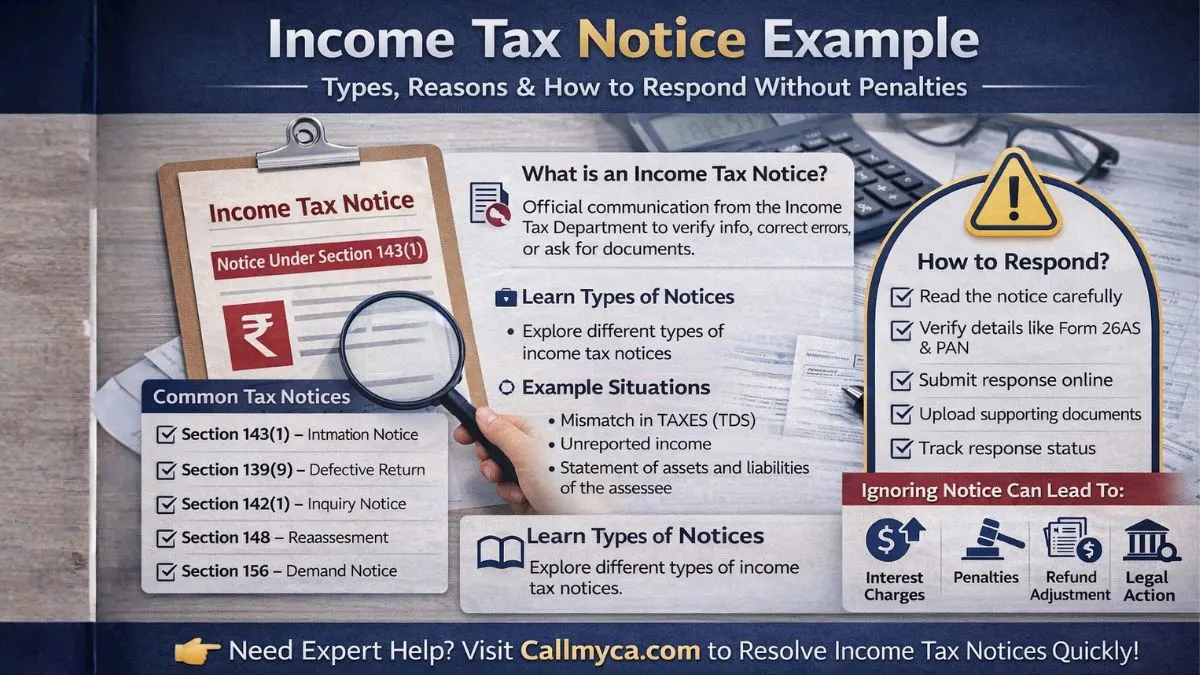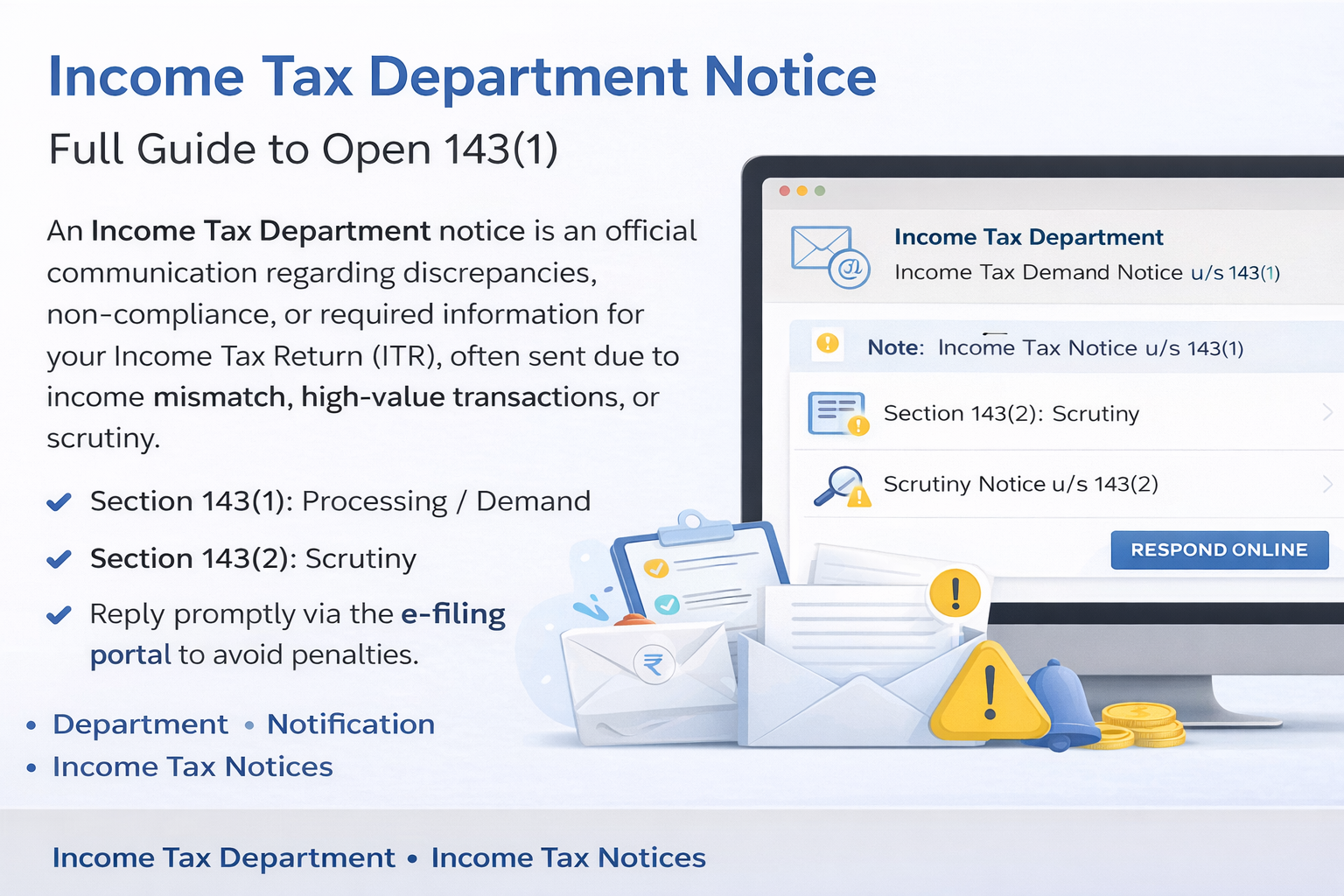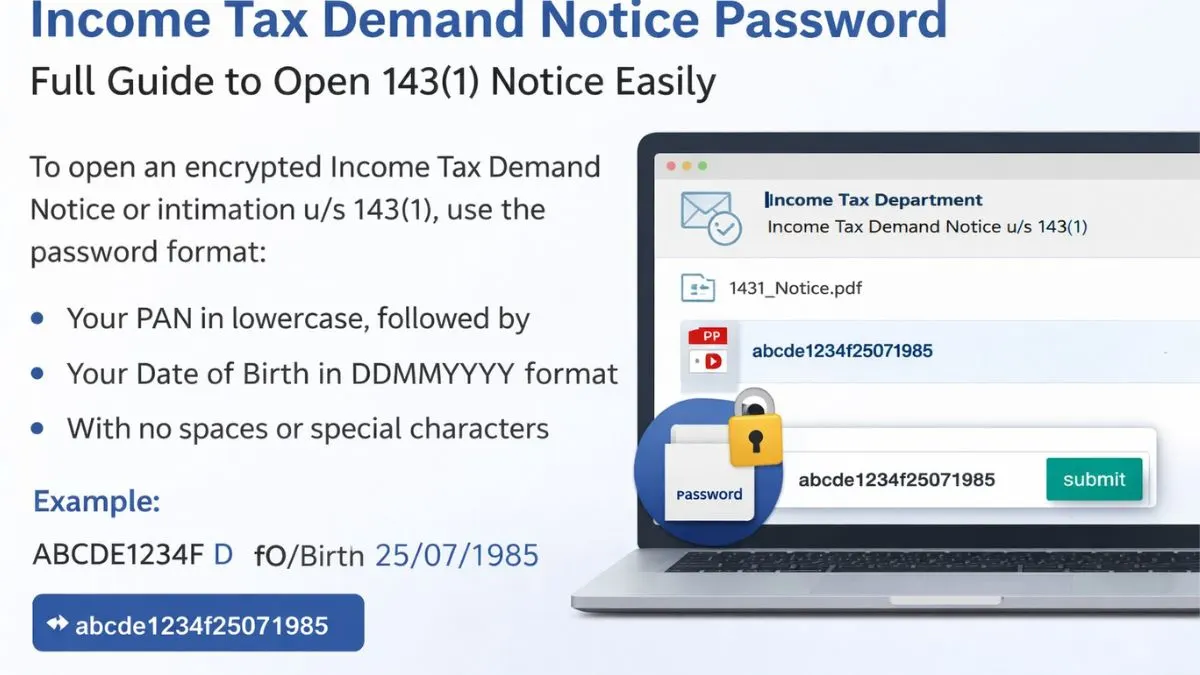
When it comes to filing your income tax return in India, one term you’ll often hear is HP. But what does it mean? What is the full form of HP, and how is income from HP treated under the Income Tax Act? Let’s break it down in a simple and humanised way.
Full Form of HP in Income Tax
The full form of HP is House Property.
In taxation terms, “income from HP” refers to the Income from House Property that you either own and let out on rent, or in some cases, even own but don’t use as your main residence. The Indian Income Tax Act treats such income under a special head called Income from House Property.
What Do You Mean by Income from HP?
Income from HP means any rental income or notional income earned from residential, commercial, or any type of property that is owned by the taxpayer but not used for business purposes.
There are three possible scenarios here:
- Let-out property – You rent it out and receive monthly rent. This is taxed as income from house property.
- Self-occupied property – You live in the house yourself. In this case, the income is considered NIL.
- Deemed let-out property – If you own more than two houses and don’t let them out, only two can be treated as self-occupied, and the rest are taxed as if they are rented (even if they’re vacant)."
How is Income from HP Calculated?
The calculation goes like this:
Gross Annual Value (GAV) – Rent received or reasonably expected rent
Less: Municipal taxes paid by the owner
= Net Annual Value (NAV)
Less: Standard Deduction @30% of NAV
Less: Interest on housing loan (if any)
= Taxable Income from House Property
So even if you’re not earning actual rent, a notional income could still be taxed in some cases!
Also Read: HRA Demystified: A Salary Perk That Doubles as a Tax Shield
Interest on Home Loan and HP Income
If you’ve taken a home loan, the interest paid on the loan can be claimed as a deduction under Section 24(b) of the Income Tax Act.
- For self-occupied properties: Deduction is capped at ₹2 lakh per year
- For let-out properties: Full interest amount is allowed (but overall house property loss can be adjusted only up to ₹2 lakh against other income)
This makes home loan interest a powerful tool to reduce your taxable income under the head “Income from HP”.
Key Points to Remember
- You can claim a standard deduction of 30% irrespective of actual expenses.
- Interest on borrowed capital is deductible only if certain conditions are met.
- Municipal taxes can reduce your taxable value, but they must be paid by the owner.
- A property held as stock-in-trade (like a builder’s unsold flats) is not taxed under HP head until 2 years after completion."
Income from HP for Multiple Properties
If you own:
- One property: You can declare it as self-occupied (income = NIL).
- Two properties: You can treat both as self-occupied (after the Budget 2019 update).
- More than two: The rest will be deemed let-out, and notional rent will be taxed.
So yes, owning more houses can increase your tax burden unless planned carefully.
Also Read: SIP (Systematic Investment Plan): How Small Monthly Investments Can Build Big Wealth
Who Needs to Report Income from HP?
- Landlords earning rent from residential or commercial properties
- Salaried individuals with a second home
- NRIs who own property in India
- Business owners with personal investments in property
Disclosure in ITR
While filing your Income Tax Return, be careful to disclose HP income correctly, whether actual or notional. Many taxpayers get notices from the IT department for under-reporting rent or missing home loan details.
Want to reduce tax on your rental income or claim your housing loan deductions smartly?
Let our experts at Callmyca.com help you optimise your income from HP—because your property should build your wealth, not your tax burden!




